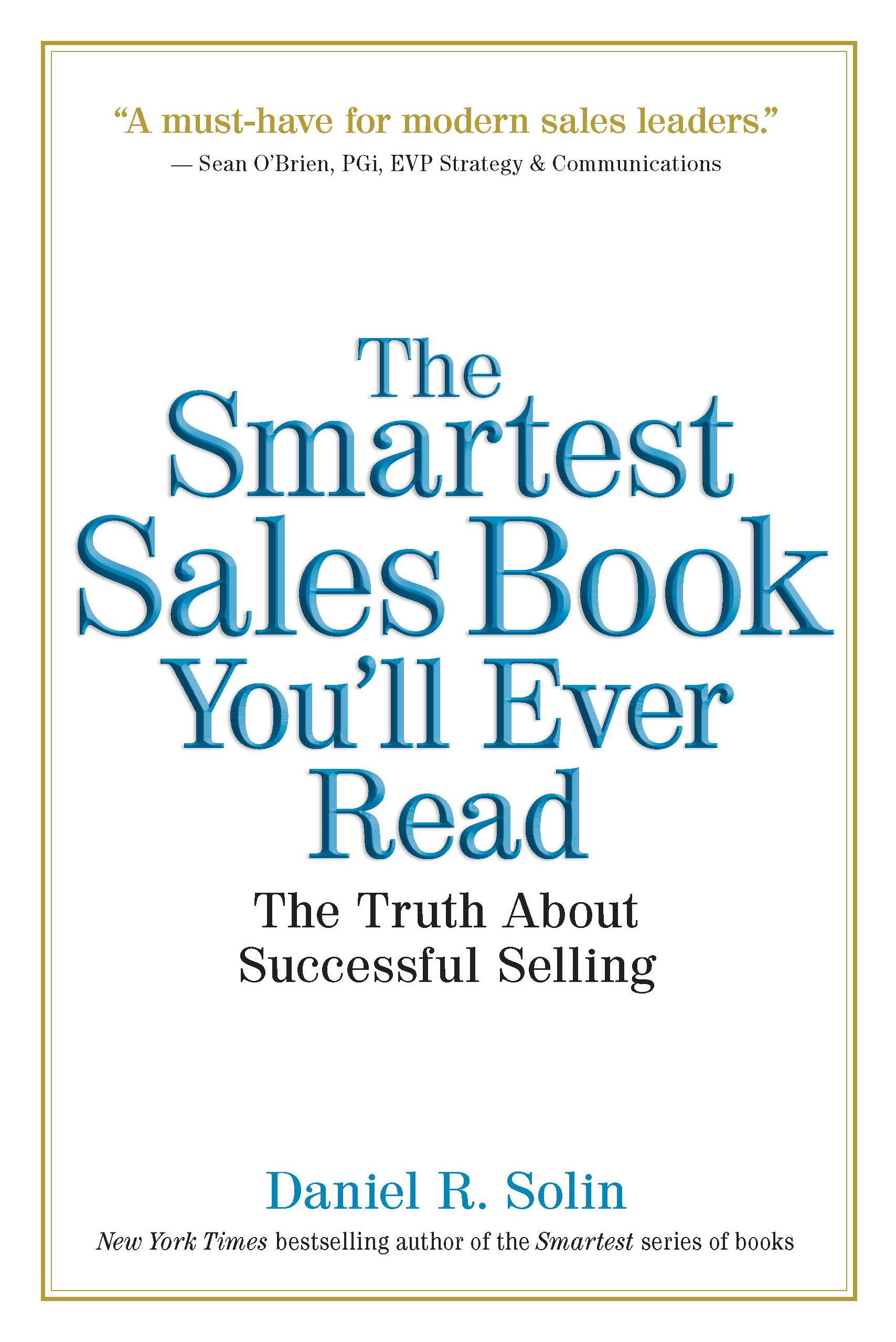The first quarter of this year has ended. How were your returns? Since short-term returns are not very meaningful for a long-term financial plan, perhaps a better question is: How have your returns been over the past one, three, five and 10 years?
If you are unhappy with your returns, I have some suggestions for you. They are based on solid, peer-reviewed research. You are unlikely to get this advice from your broker.
1. Don't try to find mispriced stocks
Approximately 60 million trades take place daily in the world's stock markets. The dollar volume of this daily trading is $302 billion. The best reflection of fair market prices for a stock is the price buyers and sellers set and reset every minute of the day. These prices are likely to be fair, based on all available information at the time. The odds of finding mispriced stocks are exceedingly small. Don't try.
2. Don't try to pick an outperforming mutual fund
For the 15-year period ending Dec. 31, 2014, of the 2,711 U.S. equity mutual funds in existence at the beginning of it, only 42 percent survived the entire time. Only 19 percent of those funds that survived outperformed their benchmarks. If you are trying to pick a mutual fund likely to outperform, the odds are stacked against you.
3. Don't rely on past performance
Here's the bottom line on past performance: It doesn't persist. At the beginning of the 10-year period ending Dec. 31, 2009, there were 2,711 U.S. equity mutual funds in existence. Of that number, 25 percent (682 funds) outperformed their benchmarks. How did those funds do in the subsequent period from 2010-2014? Only 28 percent repeated their prior stellar performance.
The Securities and Exchange Commission got it right when it required mutual funds to state that past performance is not predictive of future results. It isn't. Yet, mutual funds still advertise their past performance and many investors rely on it when selecting investments prospectively. Don't be one of them.
4. Accept market returns
I don't understand why so many investors are consumed with "beating the market." Pursuing this goal makes it more likely you will earn less than market returns. What's wrong with embracing market returns? If you invested one dollar in 1927 in a U.S. large-cap index fund, your investment would have grown to $3,955 by 2014.
Your new investment goal should be to capture the returns of the global market.
5. Understand the real drivers of returns
Many investors believe the factors that affect their returns are stock picking, market timing and mutual fund selection. Here's what really drives your returns:
Stocks
The allocation of your portfolio between stocks and bonds is a primary determinant of your expected returns. Historically, stocks have returned a premium over bonds.
The size of the companies in your stock portfolio impacts your returns. Historically, small-cap stocks have higher returns than the stocks of large companies.
Value stocks have historically had higher returns than growth companies.
High-profitability companies tend to have higher returns than low-profitability companies.
Bonds
Longer-term bonds historically have had higher yields than shorter-maturity bonds.
Bonds with lower credit quality historically have had higher yields than bonds with higher credit quality.
Most investors would benefit from retaining a competent registered investment advisor who understands how to design a suitable portfolio utilizing these drivers of returns.
6. Globally diversify
Many investors suffer from what is known as "home country bias," which means they overweight their portfolio in the stocks of the country where they reside. A globally diversified portfolio helps reduce risks without lowering expected returns.
7. Don't try to pick outperforming segments
Remember your new goal? It's to capture the returns of the global market. It's almost impossible to predict which market segments will outperform from year to year. Don't try.
8. Invest like Mr. Spock
The legendary Star Trek character had no emotions. This permitted him to make decisions based solely on objective data. Many investors react emotionally to the gyrations of the market, causing them to buy high and sell low. You can't be a responsible investor until you get control of your emotions.
9. Ignore the headlines
If you are saving for retirement, why are you concerned about what's going on with the market today? Much of the financial media stokes investor anxiety. Acting on that anxiety may result in activity that will enrich your broker at your expense. Your focus should remain on the long term. Ignore the financial news.
10. Focus on factors you can control
Tomorrow's news drives stock prices. Neither you nor anyone else knows what tomorrow's news will be. Instead of focusing on factors you can't control, concentrate on those you can. These include your asset allocation, structuring a portfolio that takes into account the real drivers of expected returns, broad diversification, low expenses, low trading costs and minimizing taxes.
If you implement these 10 tips, you will markedly increase your chances of improving your investment experience.
 Dan Solin is the director of investor advocacy for the BAM ALLIANCE and a wealth adviser with Buckingham. He is a New York Times bestselling author of the Smartest series of books. His latest book is The Smartest Sales Book You'll Ever Read.
Dan Solin is the director of investor advocacy for the BAM ALLIANCE and a wealth adviser with Buckingham. He is a New York Times bestselling author of the Smartest series of books. His latest book is The Smartest Sales Book You'll Ever Read.
The views of the author are his alone and may not represent the views of his affiliated firms. Any data, information and content on this blog is for information purposes only and should not be construed as an offer of advisory services.

